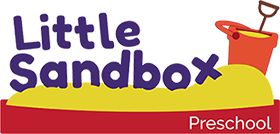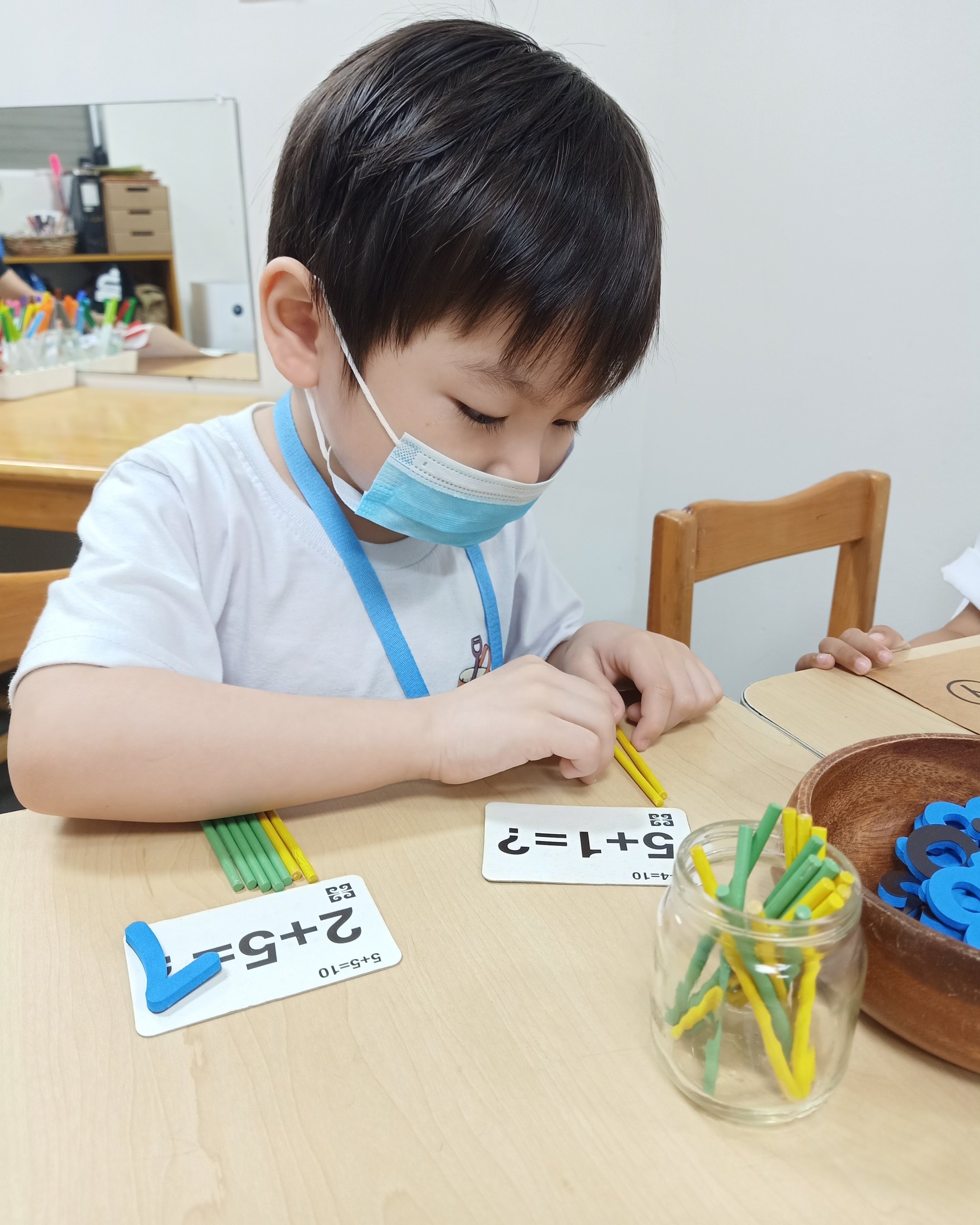A Typical Day at Little Sandbox
A daily schedule provides structure, routine, and organization to the learning environment, promotes optimal learning opportunities, supports children's social-emotional well-being, and facilitates effective communication between educators and families. By following a consistent daily schedule, we can create a positive and enriching learning environment where children can thrive and reach their full potential.
Free Play
During free play, children have the opportunity to interact, cooperate, and negotiate with peers, building essential social skills such as communication, taking turns, and resolving conflicts. Free play stimulates cognitive development by encouraging children to problem-solve, think critically, and explore cause-and-effect relationships in their play. Whether building with blocks, solving puzzles, or experimenting with materials, children engage in cognitive processes that support learning and intellectual growth. Free play also serves as a natural outlet for stress relief and emotional expression. Engaging in enjoyable and pleasurable play experiences promotes emotional well-being, resilience, and overall happiness in children.
Circle Time
Circle time in is a lively and interactive gathering where children come together to engage in music and movement. It is also a special time when children and teachers sit in a circle to build a sense of community, foster social skills, and promote learning. During circle time, children have the opportunity to share their thoughts, ideas, and experiences, develop language skills, and practice listening and turn-taking. Through a variety of engaging activities and routines, circle time sets a positive tone for the day and helps children feel connected and valued as members of the preschool community.
Inquiry-based Projects
During this time, children have hands-on, experiential learning experiences to explore, investigate, and inquire about topics of interest. Teachers facilitate inquiry-based projects by asking open-ended questions that encourage critical thinking, problem-solving, and exploration. Children engage in various activities, such as research, experimentation, and creative expression, to deepen their understanding of the topic and create meaningful projects to share with others. They are encouraged to reflect on their learning experiences, share their thoughts and ideas with peers, and make connections between their findings and real-world phenomena.
Literacy and Math Activities
Literacy and math activities for preschool are engaging and interactive experiences designed to foster foundational skills in language and numeracy. Through letter recognition games, and phonics activities, preschoolers develop early literacy skills such as phonological awareness, letter recognition, and vocabulary. Math activities include counting games, sorting activities, and simple addition and subtraction activities, which help children build numerical understanding, spatial reasoning, and problem-solving abilities.
Art Exploration
Art exploration for preschoolers involves providing opportunities for children to engage in creative and sensory-rich experiences that encourage self-expression, experimentation, and imaginative thinking. Through art exploration, preschoolers explore various art materials, techniques, and processes to create unique works of art that reflect their individual interests, ideas, and experiences. This hands-on approach to art allows children to develop fine motor skills, express emotions, and cultivate a love for creativity and self-expression from an early age.
Snack Time
Snack time is a special moment where children come together to refuel, recharge, and socialize in a relaxed and supportive environment. It is a time for children to practice independence and self-help skills as they enjoy nutritious snacks. During snack time, children have the opportunity to engage in conversation with peers and teachers, fostering social skills, manners, and communication. With a focus on health and well-being, snack time promotes healthy eating habits and teaches children the importance of making nutritious choices.
Story Time
Reading aloud exposes children to rich and diverse vocabulary, helping to expand their language skills and enhance their communication abilities. It also encourages social interaction and communication as children engage in discussions about the story, characters, and themes with teachers and peers. Story time promotes cognitive development by stimulating children's imaginations, encouraging critical thinking, and fostering a love for reading.
Outdoor Time
Outdoor play in preschool is an exciting and dynamic experience where children engage in active exploration, physical activity, and creative expression in a natural environment. It's a time for children to run, jump, climb, and play freely, promoting gross motor development, coordination, and overall health and well-being. In our outdoor play area, children have access to various designated areas designed to stimulate their senses and encourage exploration. At the mud kitchen, children become little chefs as they concoct imaginary meals using mud, water, and natural materials. Through messy and sensory-rich play, they explore textures, experiment with mixing and pouring, and engage in imaginative storytelling and role-playing. The sensory area features sensory bins, water tables, and nature exploration stations, where children can engage in hands-on sensory experiences that stimulate their senses and promote cognitive development. The sandbox area provides opportunities for imaginative play and tactile exploration as children dig, build, and create with sand and water. The art area offers open-ended opportunities for creative expression as children engage in outdoor art activities such as painting, drawing, and sculpting with natural materials. With ample space to explore and discover, our outdoor play area provides endless opportunities for children to learn, grow, and connect with the natural world around them.







